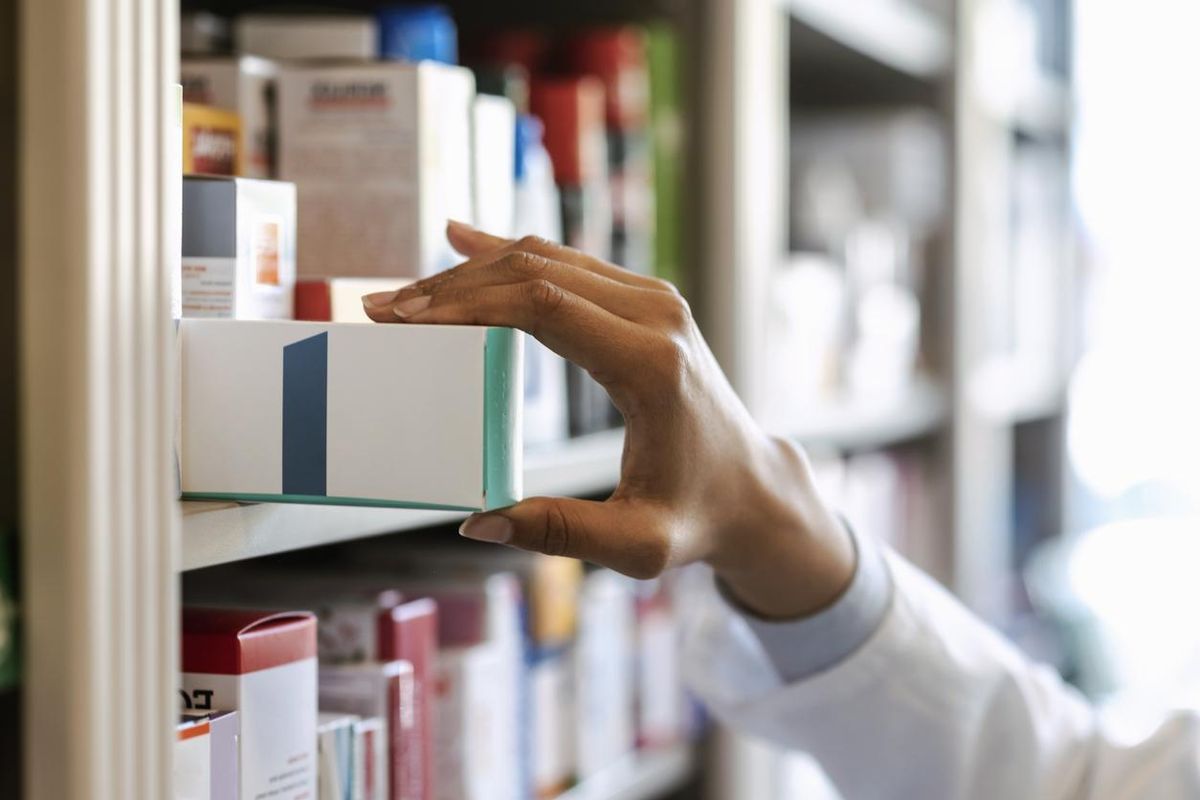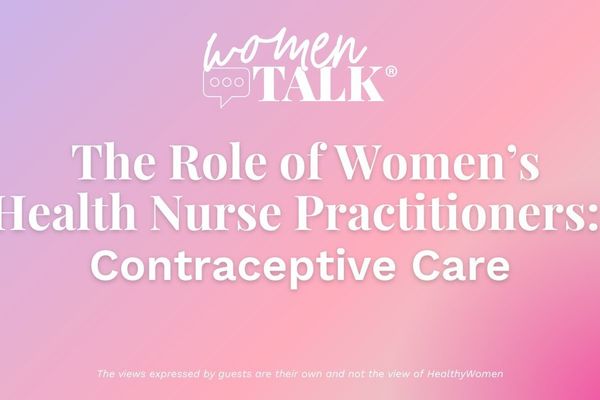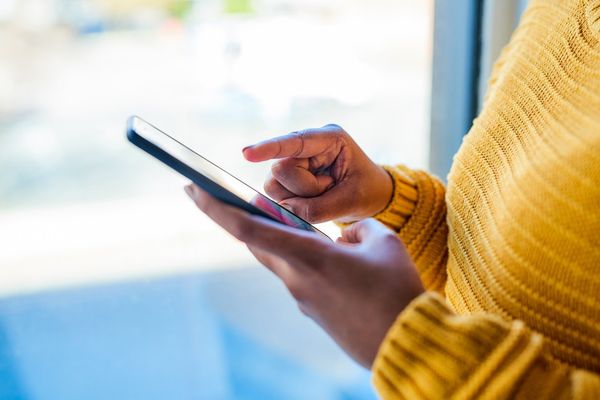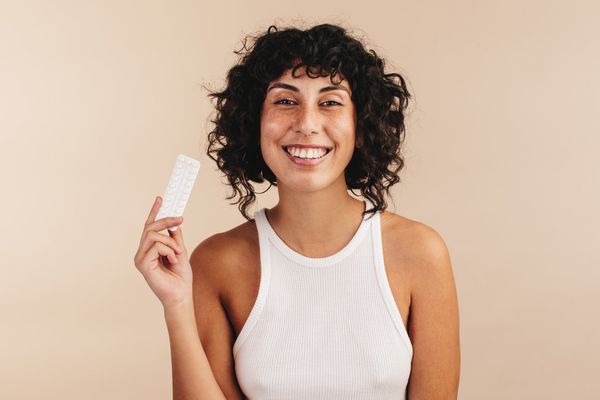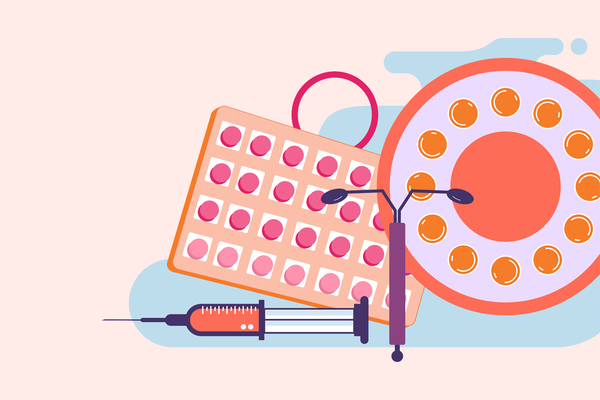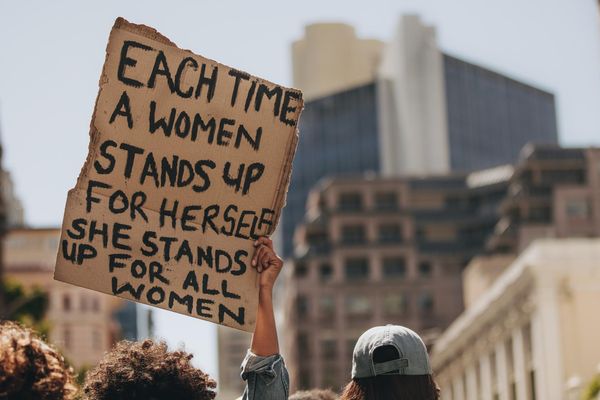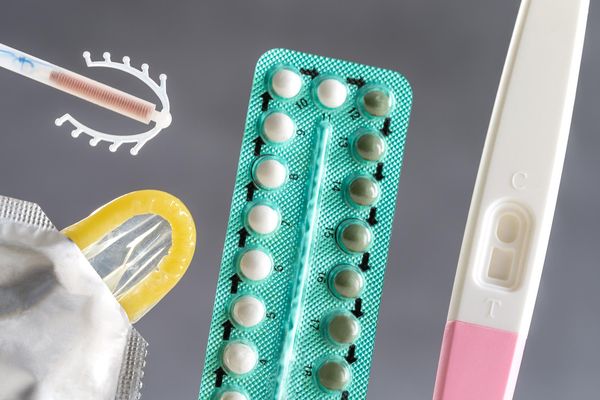Kelsie Williams grew up in rural Kentucky, where accessing contraception was — and still is — a struggle.
“The more rural regions are really short-staffed and they're low on specialists who provide reproductive healthcare,” Williams explained. “I still hear from friends and family who have to take time off for work to drive long distances. “They're missing days of work, they're having to pay for childcare, and then when they get to their provider, they're paying a substantial fee just for their visit.”
As the project director of a contraceptive access initiative called All Access E K Y, Williams hears these stories often, including from women who need contraceptive access to help with managing endometriosis, polycystic ovary syndrome or other health concerns aside from pregnancy prevention.
“Lack of access eliminates the opportunity for people to make decisions about their health and their future,” she said. “It puts their well-being at risk.”
Millions of women in the U.S. live in areas called contraceptive deserts, where there is no reasonable access to a health clinic that provides a range of contraceptive options. Nineteen million women of reproductive age who rely on publicly funded contraception live in contraceptive deserts, according to Power to Decide, an organization that works to ensure that all people have access to information and access to reproductive healthcare.
While these numbers are alarming, there may be many more women living in contraceptive deserts. Women who have private insurance aren’t counted among this group, and Power to Decide defines “reasonable access” as one clinic per 1,000 women of reproductive age.
But there are women of all ages who need access to contraceptives to address various health concerns — not only to prevent pregnancy.
What are the reasons women are on birth control?
Women who are perimenopausal or have reached menopause are often overlooked when it comes to conversations around access to contraceptives, but hormonal contraceptives do provide relief for menopausal symptoms.
“Women who have reached menopause frequently suffer from hot flashes, vaginal dryness, decreased libido and osteoporosis,” Tomer Singer, M.D., reproductive endocrinologist and medical director at Shady Grove Fertility in New York, explained via email. “Oral contraceptives and other forms of estrogen-based contraception (patch, ring and vaginal instruments) have been shown to improve these symptoms significantly and are very frequently prescribed.”
Amy Paris, M.D., an OB-GYN and director of family planning at Dartmouth Hitchcock Medical Center, said the most common reason she prescribes contraceptives aside from pregnancy prevention is to manage heavy, irregular periods and pelvic pain, which are common symptoms for the 10% of women who have endometriosis or others who have polycystic ovarian syndrome, fibroids and ovarian cysts.
“I have patients who have pelvic pain related to endometriosis or what we call dysmenorrhea, which is menstrual pain that is so debilitating — for days each month they are out of school or out of work, just really unable to function normally,” Paris said. “Being on hormonal medication like a contraceptive can really make the difference between them being functional in the world and being able to live their lives, versus being laid up for a significant amount of time.”
A variety of other hormone-related concerns can be addressed by contraceptives, such as acne and hirsutism (excessive hair growth). There’s also an added benefit to being on contraceptives: cancer prevention. “Any contraceptives that contain progesterone can help prevent endometrial cancer (which is a type of uterine cancer) and ovarian cancer,” Paris explained. In fact, women who use oral contraceptives for five or more years reduce their risk of developing ovarian cancer by about 50%, according to Cancer.org.What are ways to access contraception?
Contraceptive access is a major public health concern, and it’s under threat. Republican legislators and Supreme Court Justice Clarence Thomas have questioned whether women have a right to access contraception, and 12 states currently allow some healthcare providers to refuse contraception-related services. Some states have already restricted contraception access, with Idaho, for example, killing bills that would have allowed providers to expand contraception prescriptions from the current three-month maximum to six months.
“When I've heard legislators speak out against birth control, I haven't really heard them make any distinction about women who use it for other health reasons or show any worry for them,” said Tara Mancini, director of policy for Power to Decide. “Regardless, we shouldn't be regulating contraception based on whether you're using it for birth control or whether you're using it for some other medical need; we need to trust people to use it, in consultation with their doctors.”
Women who live in contraceptive deserts do still have options. Twenty-four states allow pharmacists to prescribe contraceptives, and with 90% of people in the U.S. living within five miles of a community pharmacy, that can help open up access.
Telehealth, which increased 38-fold during the Covid-19 pandemic, has also allowed women more access to contraceptives, since they can speak to their healthcare provider (HCP) over video or phone, and then get their prescription filled at a local pharmacy.
“Obviously we can't place an IUD, that has to be done in person, but many of the elements of screening and counseling for birth control pills, patch, ring, things like that can be done remotely. Even the Depo-Provera injection can be self administered subcutaneously,” Paris said.
Is it safe to get contraceptives online?
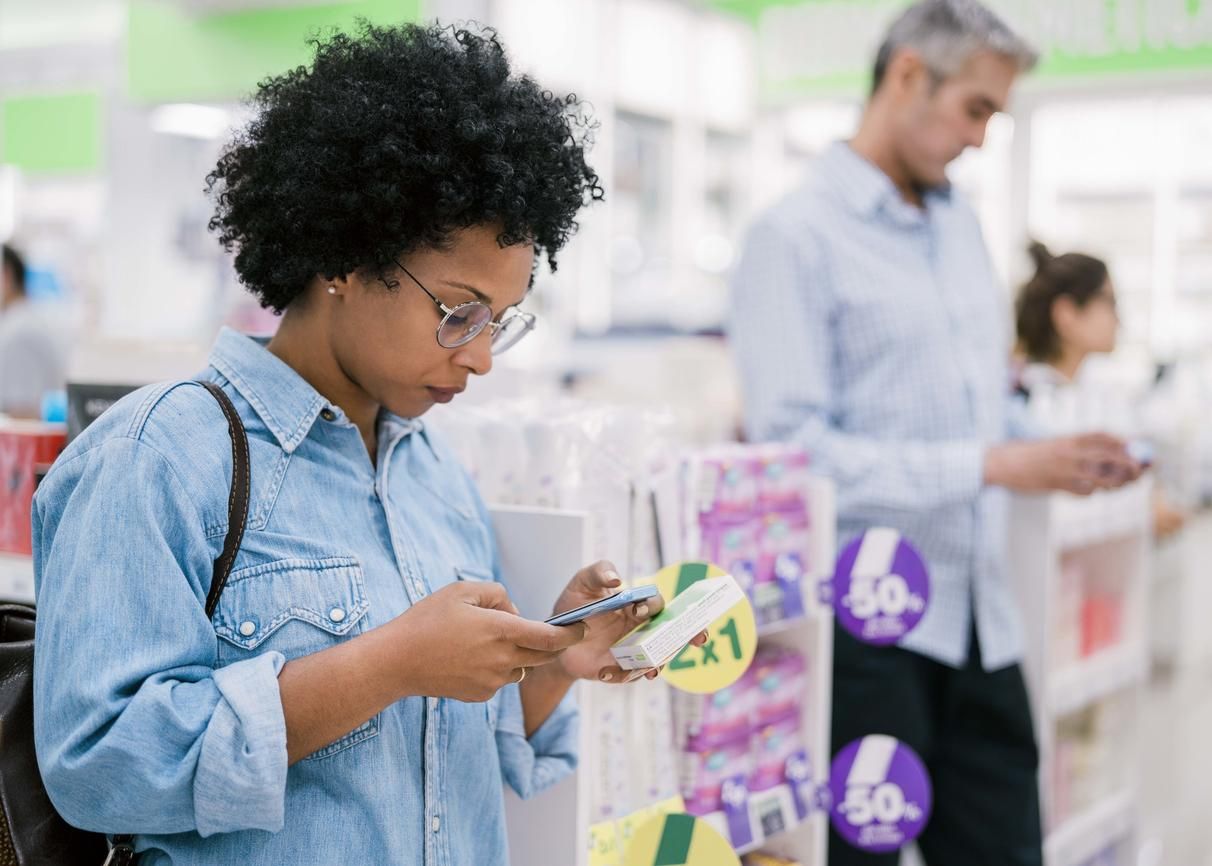
iStock.com/Portra
A number of online pharmacies and contraception delivery services have also cropped up over the last few years, gaining momentum through the Covid-19 pandemic. But are they safe?
A 2019 study published in the New England Journal of Medicine found that digital-based contraception services were safe overall, with some adhering to guidelines better than in-person clinics.
To make sure the service you’re using is legitimate, the FDA recommends checking your state board of pharmacy to confirm that the online pharmacy is licensed. Typically, a reputable company, such as Favor or Nurx, will connect you with a doctor licensed in your state so you can get a valid prescription and ask you to fill out an intake questionnaire.
“Any responsible entity prescribing birth control pills over the internet should have a detailed medical questionnaire that would be a screening to help allow people seeking contraceptives understand whether they have a medical problem that could be a contraindication, meaning it could be unsafe for them to take a contraceptive method,” Paris said.
If you are getting contraceptives to treat a health concern aside from pregnancy prevention, it’s particularly important that you connect with an HCP especially when you are first starting out on medication, which may need to be adjusted.
“It's pretty important to have a doctor or nurse practitioner involved and advising you as to what is going to be helpful to you and how to adjust the medication if it's not working as anticipated,” Paris advised.
Online pharmacies and delivery services don’t all take Medicaid, and they may be more expensive, so they are not a solution for everyone. Ultimately, both Mancini and Paris suggest contacting local and state legislators and telling them about the importance of contraceptive access for you.
“Political advocacy is key. We need to tell our stories and tell them loudly and tell them to the people in power,” Paris said.

